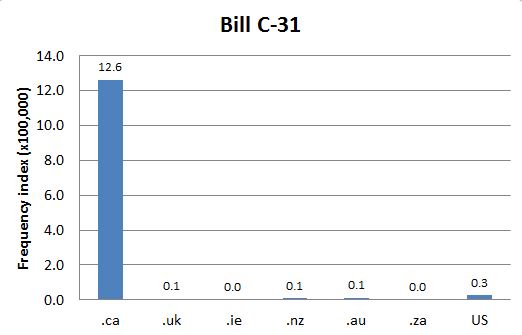DCHP-2
Bill C-31 DCHP-2 (June 2016)
1 n. — First Nations, Aboriginal, Law, Adminstration
an alternate name for the Act to Amend the Indian Act, which was passed in 1985.
Type: 1. Origin — Bill C-31, or the Act to Amend the Indian Act, was passed by the federal parliament in 1985 to redress particular discriminatory aspects of the century-old Indian Act (see the first 1985 quotation). Also referred to as "the new Indian Act" (see the second 1985 quotation), this bill specifically restored the rights of Aboriginal women who lost their Indian status upon marriage to a non-Aboriginal man. However, not all discriminatory aspects were removed, as a generational cut-off was introduced. This means that the children or grandchildren of women who gained status under the Act (if not married to status partners) will lose their status. In addition to women, Bill C-31 also addressed Aboriginal war veterans (see the 2013 quotation), those who were unjustly removed from the register and those who gave up their status for other reasons (see the 1995 quotation).
Accordingly, the passing of this bill led to a large influx of applicants for Indian status and a subsequently rapid increase in the registered Aboriginal population (see the 1986 quotation). The 1990 quotation reflects some of widespread mainstream criticism at the time, which is founded on a misunderstanding of the situation of Canadian First Nations. Some other complications, however, remain (see the 1987 quotations). Thus, Bill C-31 sparked many legal battles between band leaders and those seeking re-instatement (see the 1992 quotation).See also: Indian Act Indian Register status non-status blood quantum
- Note that in the Canadian parliamentary system, Bill C-31 is a generic name that can refer to many proposed and/or passed acts; this particular Bill C-31, however, holds particular cultural significance.
2 n. — somewhat rare today
people granted status under Bill C-31.
Type: 1. Origin — This term, often used in the plural form, describes Aboriginal people who have pending or reinstated status from the amendment. Often they are still denied privileges or face discrimination from their bands (see the 1993 & 2001 quotations). It stems from the limitations of Bill C-31 discussed in meaning 1. Although Bill C-31s might be granted status by the federal government, they can still be denied other entitlements by their band (see the 2001 quotation). Conflicts derive mainly from the substantial increase of registered Aboriginal peoples (see the 1992 quotation) and its subsequent pressure on housing space and costs on reserves (see the 1993 quotation).- Usage has apparently changed between the 1990s and today so that Bill C-31s is less common than it was in the 20th century.
Images:
Internet Domain Search, 6 May 2014
